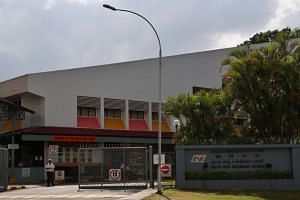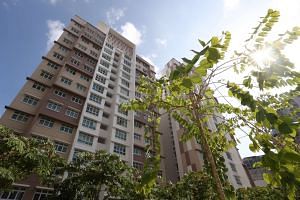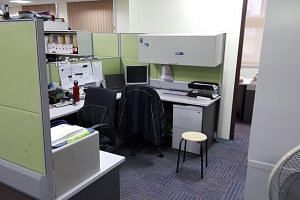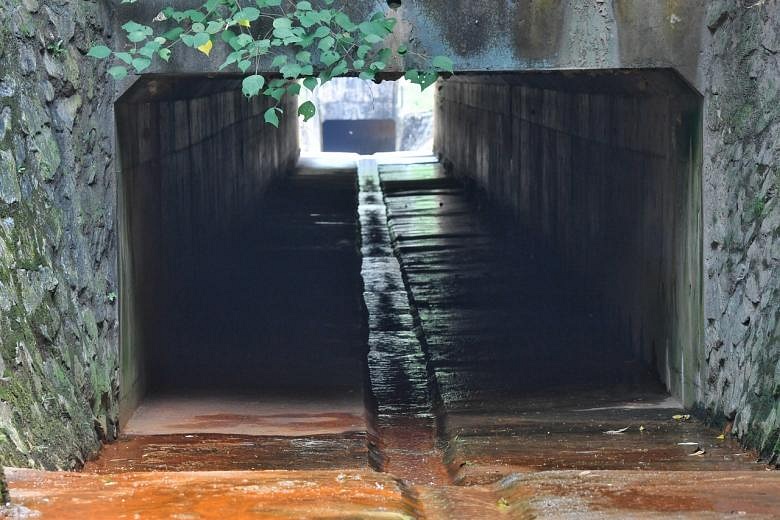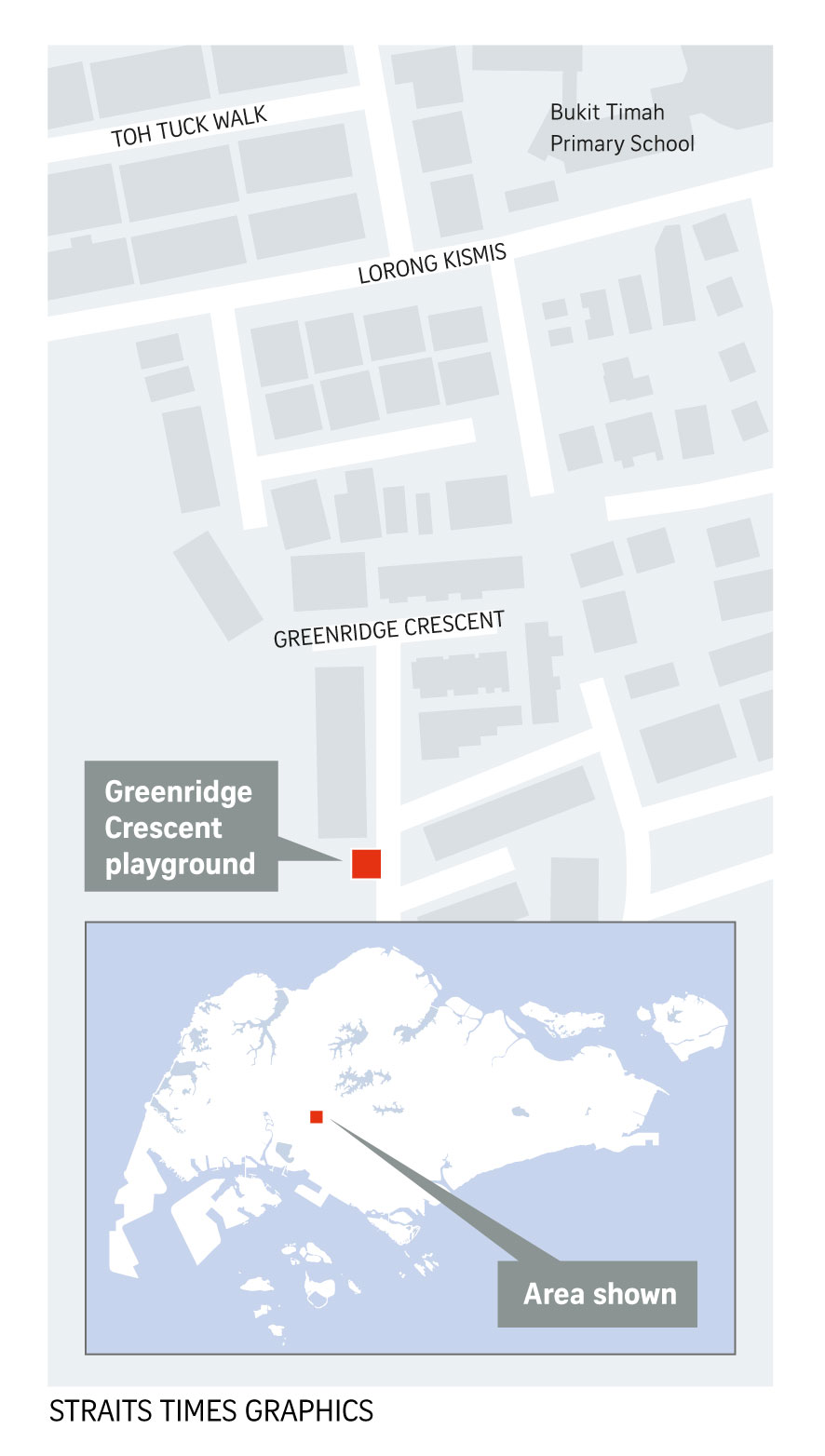- Joined
- Jul 25, 2008
- Messages
- 13,542
- Points
- 113
China bars for-profit tutoring in core school subjects
Aim is to reduce burden on family finances, students; news sparks sell-off in shares of tutoring firms

Students leaving a school in Wuhan after finishing the National College Entrance Examination last month. China's for-profit education sector has been under scrutiny as part of Beijing's push to ease pressure on school children and reduce a cost burden on parents that has contributed to a drop in birth rates.PHOTO: AGENCE FRANCE-PRESSE
JUL 25, 2021
SHANGHAI • China is barring tutoring for profit in core school subjects to ease financial pressures on families that have contributed to low birth rates, news that sent shock waves through its vast private education sector and share prices plunging.
The policy change, which also restricts foreign investment in a sector that had become essential to success in Chinese school exams, was contained in a government document widely circulated on Friday. The news was confirmed by Xinhua news agency yesterday, citing a State Council notice.
The move threatens to decimate China's US$120 billion (S$163 billion) private tutoring industry and triggered a heavy sell-off in shares of tutoring firms traded in Hong Kong and New York, including New Oriental Education and Technology Group and Koolearn Technology Holding.
All institutions offering tutoring on the school curriculum will be registered as non-profit organisations, and no new licences will be granted, according to the document, which says it was distributed by China's State Council, or Cabinet, to local governments and is dated July 19.
More than 75 per cent of students aged from around six to 18 in China attended after-school tutoring classes in 2016, according to the most recent figures from the Chinese Society of Education, and anecdotal evidence suggests that percentage has risen.
China International Capital Corp said the rules are "tougher than market expectations, and we expect material impact on future business and capital market activities".
The pressure for children to succeed in an increasingly competitive society has given rise to the term Jiwa, or "chicken baby", which refers to children pumped with extra-curricular classes and energy-boosting "chicken blood" by anxious parents.
Existing online tutoring firms will be subject to extra scrutiny and after-school tutoring will be prohibited during weekends, public holidays and school vacations, the document said.
Curriculum-based tutoring institutions would be barred from raising money through listings or other capital-related activities, while listed companies would be banned from investing in such institutions, according to the document.
China's for-profit education sector has been under scrutiny as part of Beijing's push to ease pressure on school children and reduce a cost burden on parents that has contributed to a drop in birth rates. In May, China said it would allow couples to have up to three children, from two previously.
The policy aims to reduce burdens on students and family finances "effectively" within one year and "significantly" within three, the document said.
> 75%
Proportion of students aged from around six to 18 in China who attended after-school tutoring classes in 2016, according to the most recent figures from the Chinese Society of Education, and anecdotal evidence suggests that percentage has risen.
Three sources told Reuters last month that the crackdown is being driven from the top. Last month, Xinhua quoted President Xi Jinping as saying schools, rather than tutoring firms, should be responsible for student learning.
The new policy would also bar foreign investors from investing in China's curriculum-based tutoring businesses through mergers and acquisitions, franchises, or variable interest entity (VIE) arrangements, according to the document.
VIEs are a commonly used structure to circumvent rules restricting foreign investment in certain industries. Those that have already violated the rules must make corrective measures, it added.
The policy change slammed US-listed Chinese Internet stocks, with Alibaba and Baidu each down about 4 per cent as investors worried about increased regulation by China's government.
The rules threaten the listing ambitions of numerous venture capital-backed education firms, including Alibaba-backed Zuoyebang, and online education platforms Yuanfudao and Classin, both backed by Tencent.
A broad crackdown on China's massive Internet sector has already rattled investors and saw Beijing launch a data-related cyber security investigation into ride-hailing giant Didi Global just two days after it raised US$4.4 billion in a New York initial public offering.
REUTERS










